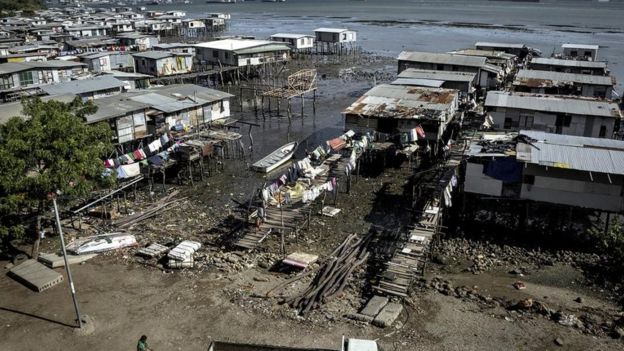By Christine Khamis
Impunity Watch Reporter, Asia
SEOUL, South Korea –
South Korean President Park Geun-hye and Japanese Prime Minister Shinzo Abe met on Monday for their first formal summit since they both took office. South Korean and Japanese leaders have not held a summit in three years.
President Park and Prime Minister Abe met briefly for a bilateral talk meant to help alleviate tensions between the countries, which have been ongoing since Japan’s 35 year long colonization of Korea from 1910 to 1945.

A major point of contention between President Park and Prime Minister Abe during the summit was the issue of “comfort women”, who were Korean women forced into prostitution at Japanese military brothels throughout Japan’s colonization of Korea and its involvement in World War II. During the summit, President Park and Prime Minister Abe agreed to continue talks to resolve their differences on the issue of the comfort women and strengthen diplomatic ties between their countries.
President Park has referred to the issue of the comfort women as a major stumbling block to friendly relations between the South Korea and Japan and has stated that coming to an agreement on the issue is essential to creating better ties between the countries. She had previously rejected proposals to have summits with Japan because she believed that Japan had failed to make proper restitution for its actions during its colonial rule over South Korea.
Japan says that the issue of comfort women was settled in 1965 during a normalization agreement, under which Japan paid $800 million in grants and loans to Korea to make reparation for its abuses during its colonization, and in 1993 when the country issued a formal apology to Korea. Prime Minister Abe, however, told reporters after the summit that he had agreed with President Park that it was important for South Korea and Japan to resolve the issue of the comfort women as soon as possible and that the two countries “should not leave obstacles for future generations.”
The first meeting between the two leaders since they each took office represents a diplomatic breakthrough between South Korea and Japan. The United States has pushed in recent years for South Korea and Japan to improve their ties in light of China’s growing assertiveness and North Korea’s development of its nuclear arms program. Both South Korea and Japan are military allies of the United States, and the bulk of the United States’ military presence in the Asia-Pacific is concentrated in the two countries.
President Park and Prime Minister Abe’s meeting came a day after leaders from Japan, South Korea, and China met at a summit for the first time since 2012 to discuss progress toward increased economic and regional cooperation among themselves. In a joint statement after the summit, the three countries agreed to work together on improving trade and security ties as North Asia’s three largest economies.
For more information, please see:
Al Jazeera – S Korea and Japan Leaders Meet for First Time in Years – 2 November 2015
South China Morning Post – South Korea and Japan Break Diplomatic Freeze as Park and Abe Meet for Rare Summit in Seoul – 2 November 2015
The New York Times – Leaders of South Korea and Japan Meet in Effort to Mend Ties – 1 November 2015
U.S. News & World Report – Leaders of South Korea, Japan, and China Set for Summit Meant to Repair Terrible Ties – 1 November 2015
